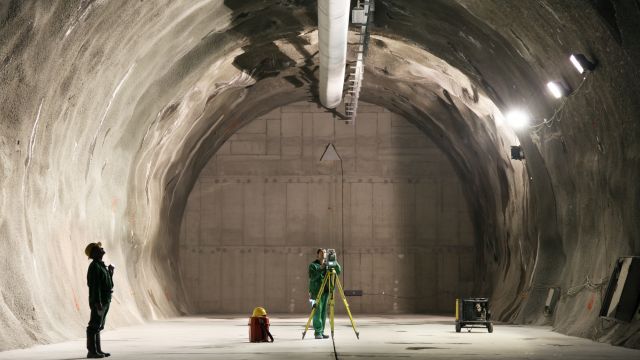
Disposal
The Federal Company for Radioactive Waste Disposal (BGE) is entrusted with finding the site offering the best possible safety and with constructing and operating a repository there. The Federal Office for the Safety of Nuclear Waste Management (BASE) has been assigned the task of legal supervision by the Federal Ministry for the Environment.
In addition, about 303,000 cubic metres of medium and low-level radioactive waste are to be emplaced in the Konrad repository. They come from nuclear power plants, but also from industry, medicine, and research.
Our tasks
At our Repository Research Centre in Braunschweig, we conduct, among other things, application-oriented fundamental research on a wide range of issues relating to the safety of repositories. The spectrum ranges from studies of host rocks specimens in our geoscientific laboratory to cooperation in international underground laboratories and the development of verification concepts for the long-term safety of repositories and the simulation software required for this. We deal with the following topics:
- research regarding the chemical, hydraulic, mechanical and thermal processes taking place in a repository and their mutual influences
- development of simulation codes and databases for repositories
- development of methods for the long-term safety assessment of repositories
- development and evaluation of technical concepts for repositories
- development of methods for the safety comparison of repository concepts for sites in different host rock types
- expert evaluation of technical-scientific issues for supervision and licensing purposes
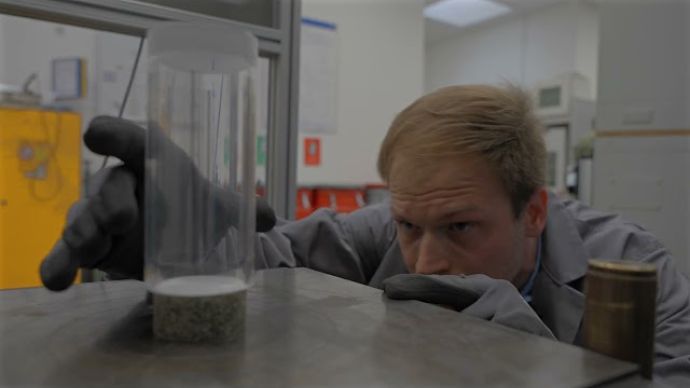
Project highlights Disposal
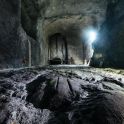
Egal, ob ein Endlager für hochradioaktive Abfälle in Deutschland im Kristallin, im Steinsalz oder im Tongestein umgesetzt werden wird, für das jeweilige Wirtsgestein muss ein geeignetes Endlagerkonzept entwickelt werden. Ein wesentlicher Bestandteil eines solchen Endlagerkonzeptes ist der Endlagerbehälter. Bei der Entwicklung von Endlagerbehältern müssen unter anderem Kriterien wie Handhabbarkeit, Einschlussvermögen und Abschirmung beachtet werden.
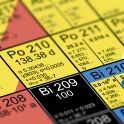
Repository researchers use simulation software to draw a picture of the future of a repository system. How precise and realistic the forecast is depends largely on the input data used for the calculations. The Radi simulation code developed by GRS calculates the decay chains of the radioactive materials from the stored waste. It answers the question of how much 'radioactivity' is still present after a certain period of time and thus forms the basis for further simulations.
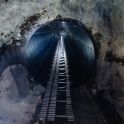
High active waste releases energy in the form of heat. Heat therefore plays a decisive role in the planning of a safe repository. The Bundesgesellschaft für Endlagerung (BGE) has now determined the maximum temperatures that the stored casks may reach on their surface. The temperatures have also been determined on the basis of GRS' research findings. GRS researchers have developed a new methodology for this purpose, which can be used to make statements about temperature compatibility.